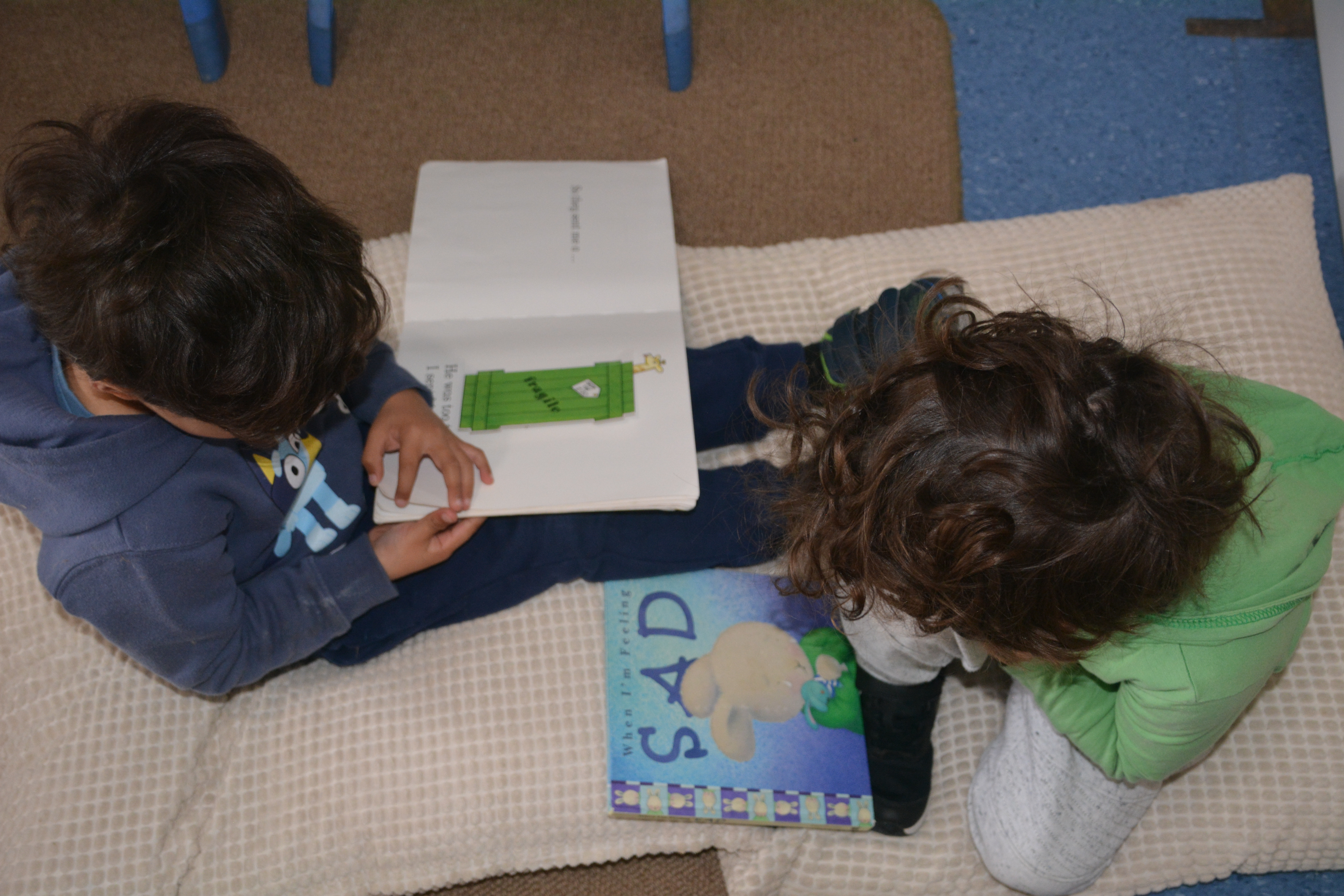Self-regulation and young children
In this video, Associate Professor Catherine Neilson-Hewitt from the University of Wollongong walks us through the process of developing self-regulation skills in early childhood. She provides helpful, practical definitions and examples of what good self-regulation looks like and advice on how you can support your child to develop effective self-regulation skills.
Here are some key messages from the Expert Insights talk for you!
Developing self-regulation skills is a process that can continue into young adulthood. The time between ages 3 and 5 is a crucial period of skills development as children move from being co-regulated (supported and encouraged by adults) to self-regulated (able to manage emotions and behaviours independently).
Children often move between co-regulation and self-regulation depending on if they are tired, hungry or otherwise stressed. This is very normal as children work to build their skills over time.
The five R’s place regulation within a broader framework of understanding: regulation, relationships, respect, routes (pathways to challenging behaviours) and responses (from adults and peers). Relationships are the most important of the five R’s as strong and open relationships create an environment where children feel safe and are willing to take risks.
Communication is essential. By respecting children’s emotions and legitimising how they are feeling, children learn that their feelings have value and develop a sense of voice and self-worth. In difficult situations, reassure them that it’s ok to have big feelings, but it’s how to we respond to them that’s important.
There is a lot of pressure on parents for children to ‘do well’. The best gift you can give them for their self-regulation and learning is time! Spend time doing imaginative and creative play. Simple games such as hide and seek, secret shadow, and Simon Says promote self-regulation skills in a way that’s fun for everyone.
Want to learn more about what is going on at Early Start? Find out here.



